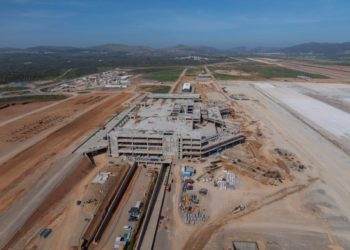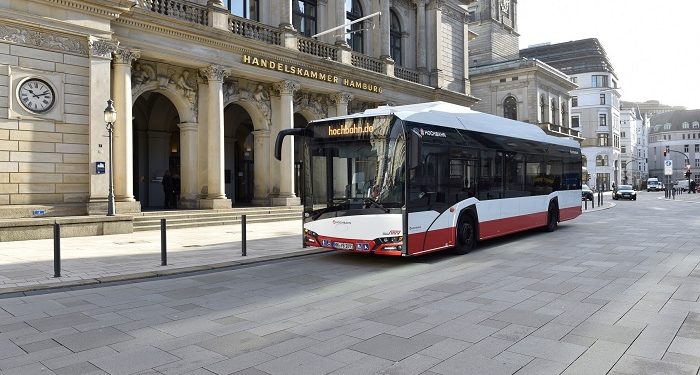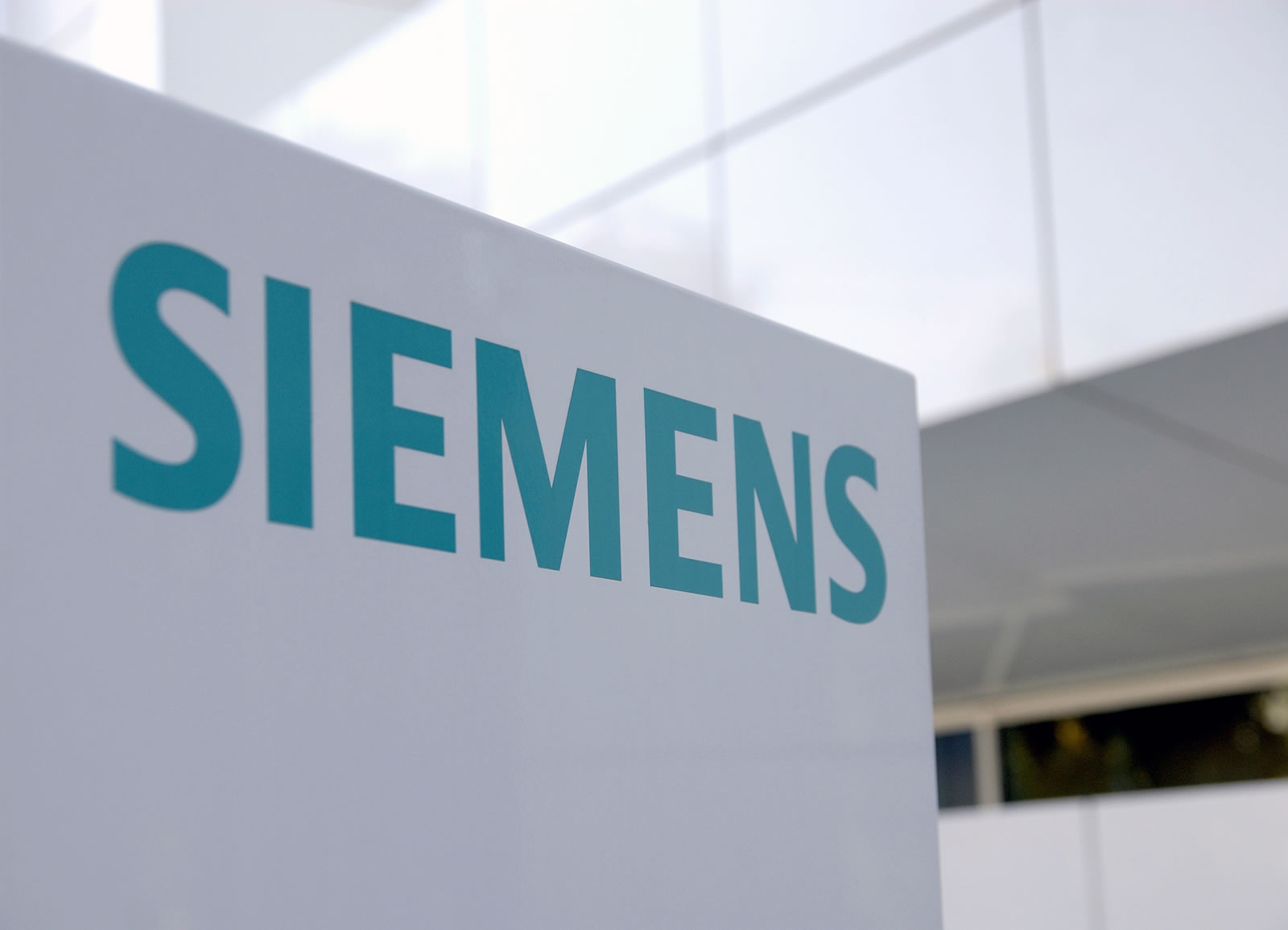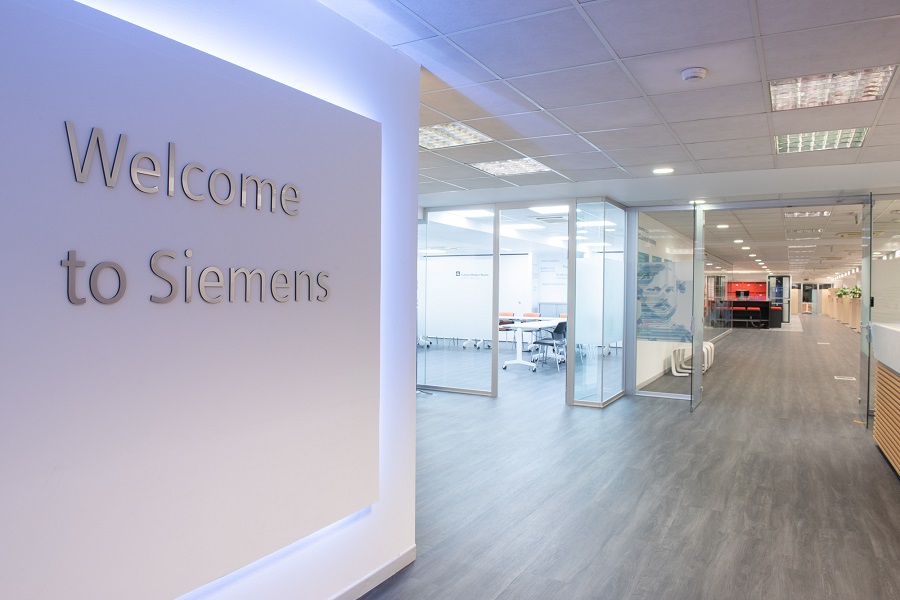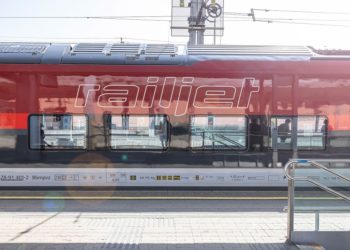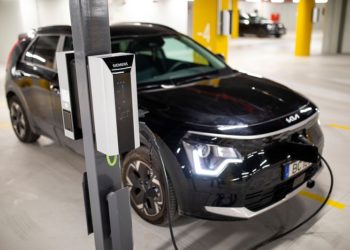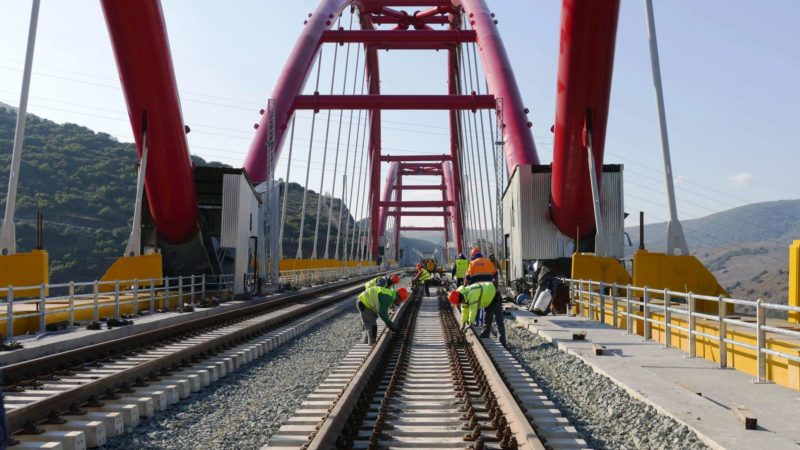Siemens has received two major orders to set up the charging infrastructure for electric buses (e-buses) in two cities in Germany.
In Hamburg, Siemens will again support Hamburger Hochbahn AG, one of Germany´s largest public transport companies, in reaching its goal of operating a completely emission-free bus fleet by 2030. In Saarlouis, Siemens will enable the smooth transition to electric buses for Kreisverkehrsbetriebe Saarlouis (KVS GmbH).
The projects include planning, installing the charging infrastructure and integrating it into the medium-voltage grid. This is complemented by multi-year maintenance contracts. In Hamburg alone, eliminating all diesel-powered buses will save approximately 66,000 tons of CO2 per year.
“Electromobility is one of the most important levers for reducing greenhouse gas emissions. We are pleased to provide state-of-the-art charging technology and efficient software solutions to make this transition easy and economically attractive for bus fleet operators,” said Markus Mildner, CEO of eMobility at Siemens Smart Infrastructure. According to the German Federal Environment Agency, the transport sector accounted for 19.4 percent of total greenhouse gas emissions in Germany in 2021. In the amendment to the Climate Protection Act, the German government reaffirms its goal to make Germany greenhouse gas neutral by 2045. Against this backdrop, the transformation of local public transport in favor of climate-friendly systems is gaining significant momentum.
Follow-on order from Hamburger Hochbahn AG
Hamburger Hochbahn AG is one of Germany’s largest public transport companies, carrying over 1.2 million passengers a day on four subway and 119 bus lines.
Following a resolution of the Senate of Hamburg, Hamburger Hochbahn AG has exclusively been purchasing e-buses since 2020 and has set a goal of operating a completely emission-free bus fleet by 2030. From 2021 to 2023, Siemens successfully equipped two carports at the Alsterdorf bus depot with a total of 141 SICHARGE UC charging points as well as medium- and low-voltage technology, including SIVACON S8 low-voltage switchgear. This is complemented by the implementation of an energy-efficient ventilation concept with separate air ducting for the cold and warm air volumes, which significantly boosts energy savings during charging.
In March 2023, Siemens received an order from Hamburger Hochbahn AG to equip the Harburg II bus depot for DC charging of its growing e-bus fleet. To this end, a total of 20 SICHARGE UC charging points of the latest generation, each with a nominal power of 150 kW, will be installed on five lanes. Siemens will create working and implementation planning based on the customer’s planning specifications. The chargers will be mounted outdoors in conjunction with a truss system spanning the bus lanes with standard CCS connector technology. The project scope also includes delivery, installation and commissioning of a transformer station for integration into the medium-voltage grid, as well as the necessary communications technology for integration into the charging and depot management system of Hamburger Hochbahn AG.
A five-year maintenance and service contract ensures the required availability of the charging infrastructure. The extension and conversion of the depot will take place during ongoing operations. Commissioning is scheduled for early 2024.
In addition, Siemens is working with Hamburger Hochbahn AG to implement advanced requirements to optimize network and charging infrastructure management for the depots. Also, there are already considerations to enable bidirectional power flows in the long term.
Currently, Hamburger Hochbahn AG has more than 250 battery-electric buses, including articulated buses with a length of 18 meters, space for more than 130 passengers, and a minimum range of approximately 250 kilometers without stopping for charging.
New project in Saarlouis
In Saarlouis, a city in the west of Germany, Siemens will enable the smooth transition to electric buses for Kreisverkehrsbetriebe Saarlouis (KVS GmbH). This entails the gradual conversion of the bus depot of KVS GmbH. In the first stage, Siemens will install the charging infrastructure for 20 vehicles. For this purpose, 20 SICHARGE UC charging points of the latest generation, each with 150kW nominal power, and 20 dispensers, will be installed. The charging infrastructure will be connected to the power grid infrastructure via a 12 kV grid transfer station, 12 kV medium-voltage distribution equipment, transformer stations, and low-voltage distribution equipment. Siemens will handle delivery, installation, including civil engineering work, and commissioning. This is complemented by a maintenance contract for a term of five years.
The first conversion phase is scheduled to be completed by spring 2024. In a subsequent step, it will offer the potential for expansion to 70 buses. The service area of KVS GmbH covers the district of Saarlouis, a transport area with a population of around 200,000. Other lines lead to neighboring cities and districts, and in some cases cross the border into France.
(Siemens)

